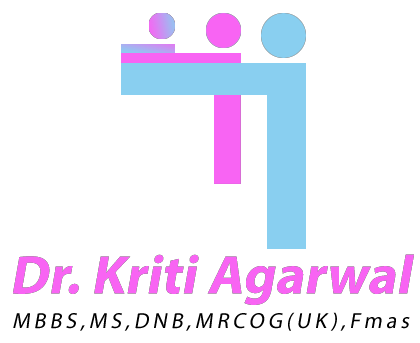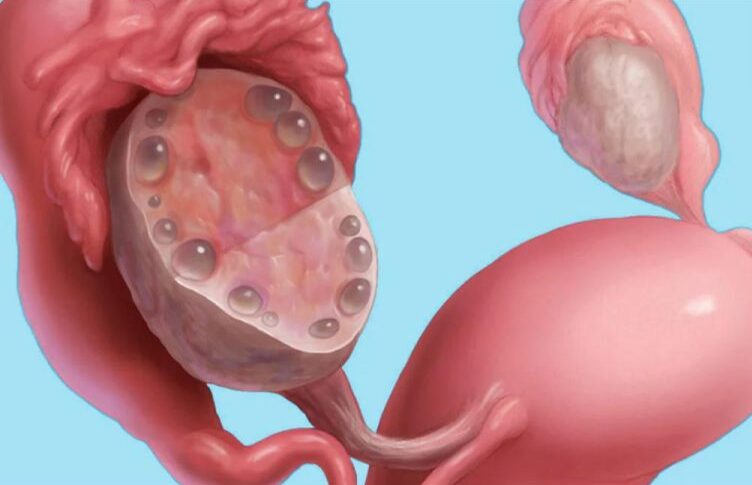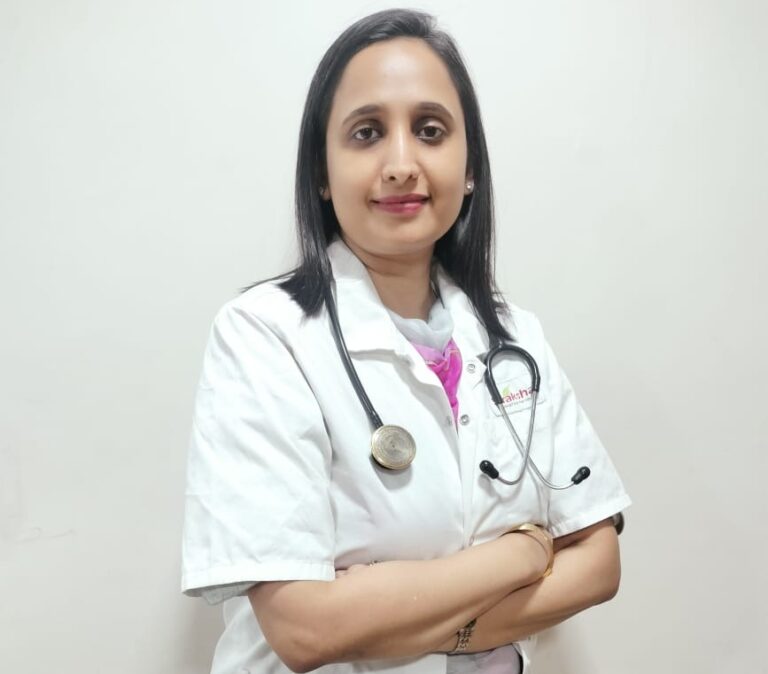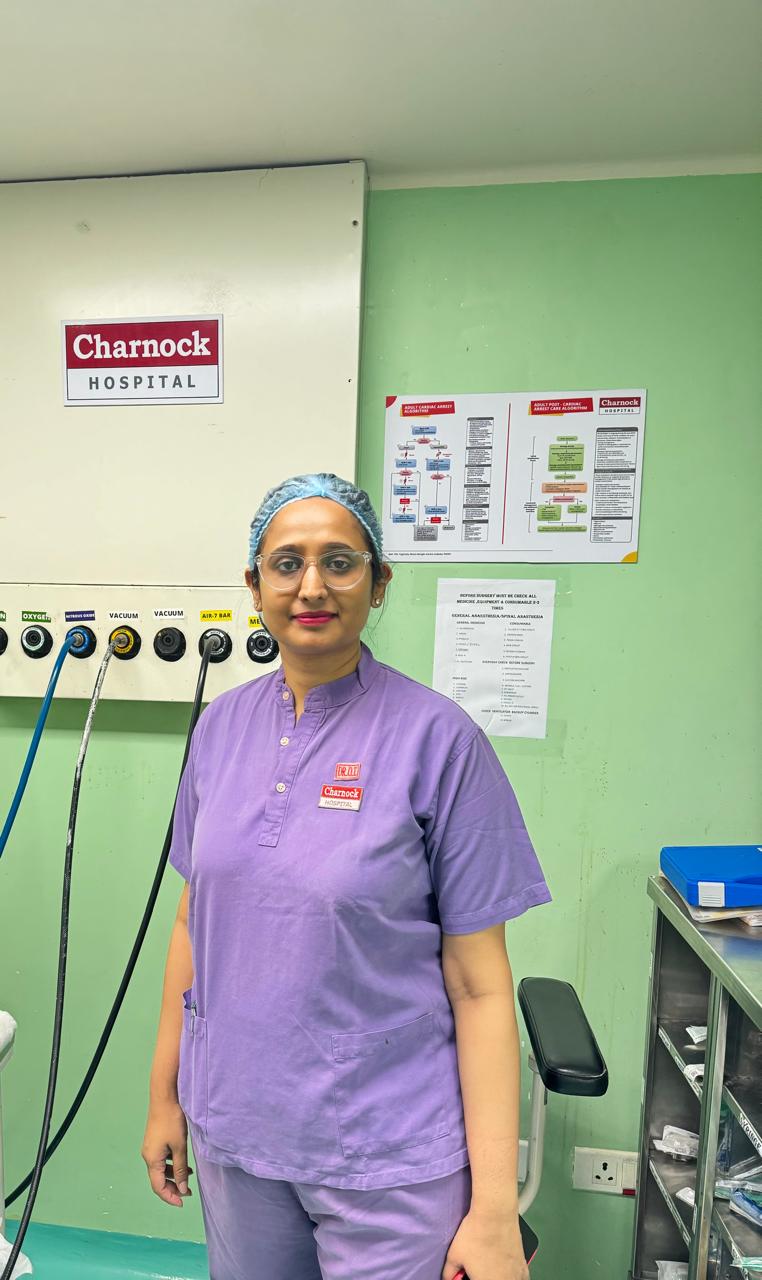What is Endometriosis?
Endometriosis occurs when tissue that typically grows on the inside lining of the uterus sprouts outside the uterus, most commonly in the pelvic parts, ovaries, or the fallopian tubes. While it is neither an infection nor cancer, it can cause a lot of discomfort and affect a person’s life negatively.
Common Symptoms
Every woman may deal with the effects of endometriosis in a different way, but some symptoms that many might experience include:
• Menstrual cramps that are serious and can neither be managed by OTC medications.
• Painful sensations during or after sex (dyspareunia).
• Recurrent abdominal pain, especially around the pelvis that goes down to the back.
• Heavier than normal menstrual periods or irregular ones.
• Problems with getting pregnant.
• Pain and sometimes bleeding in the bladder and intestines.
There are some women who do not exhibit any symptoms, while there are those who have mild symptoms.
What Causes Endometriosis?
There is no known cause, but there is one theory that states that it is possible for blood that is shed during menstruation to flow into the pelvic region (retrograde menstruation) and result in the growth of uterine tissue outside of the womb. Other possible factors could also be genetics, and disorders of the immune system along with hormones.
Diagnosis and Treatment
Endometriosis takes longer to diagnose since its symptoms are similar to Pelvic inflammatory disease or IBS, which further complicates it. The doctor will attempt to rule out other conditions as part of the diagnosis and could suggest:
• Looking for cysts in an ultrasound scan.
• A small surgery to look for endometrial tissue is called laparoscopy.
Treatment depends on symptom severity and includes:
- Pain relief through anti-inflammatory medications.
- Hormonal therapy like birth control pills or hormone injections to control tissue growth.
- Surgical options, including laparoscopy or, in severe cases, hysterectomy.
Dealing with Endometriosis
Although there’s no solution that permanently gets rid of the disease, adopting a healthy diet, regular physical activity and proper coping strategies can assist. Support groups, as well as alternative treatments such as accupunture, may also be helpful.
If you still have concerns, you can reach out to Dr Kriti Agarwal, who is considered one of the best infertility specialists in Kolkata. She will design your treatment plan according to the level of your Endometriosis problem.




